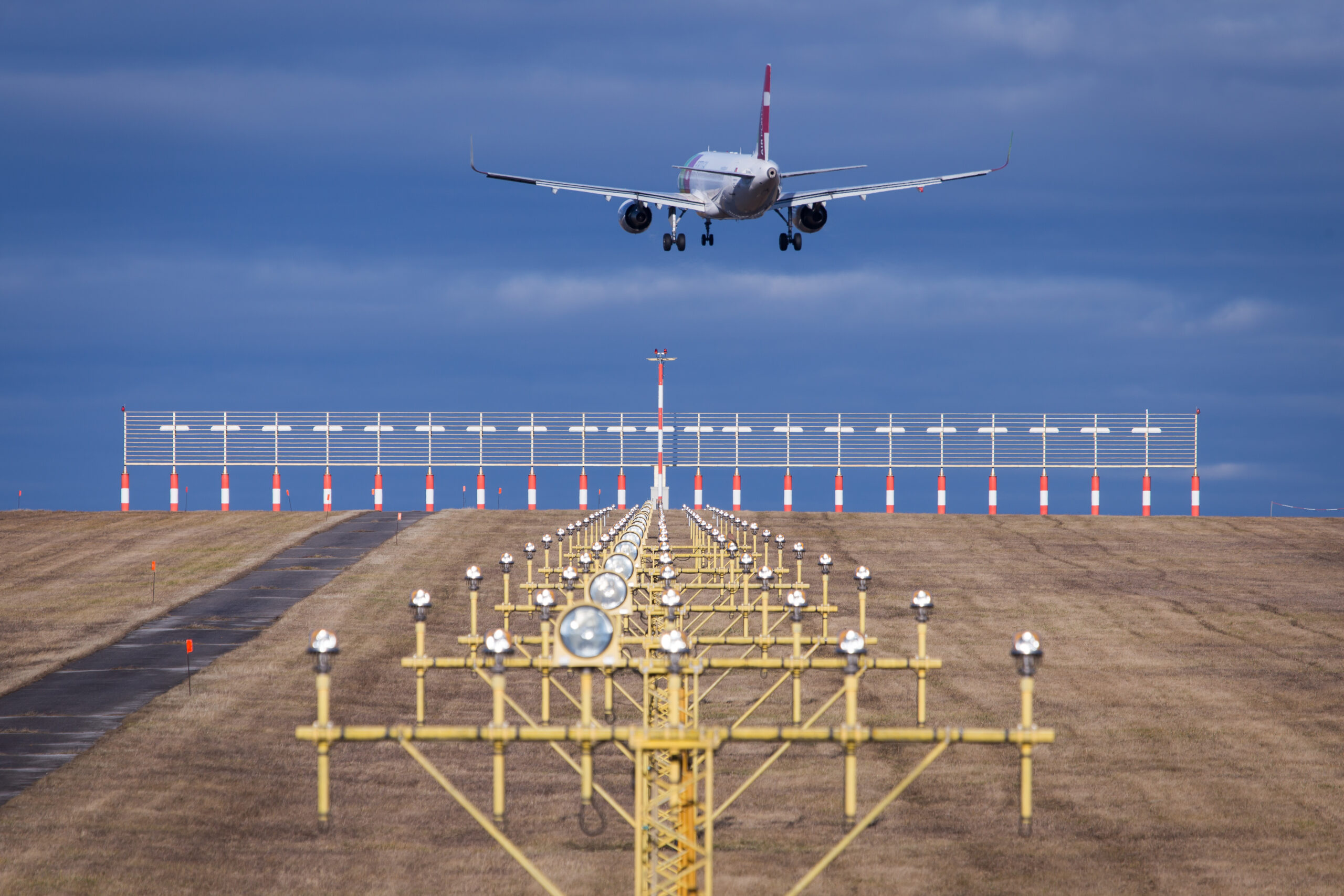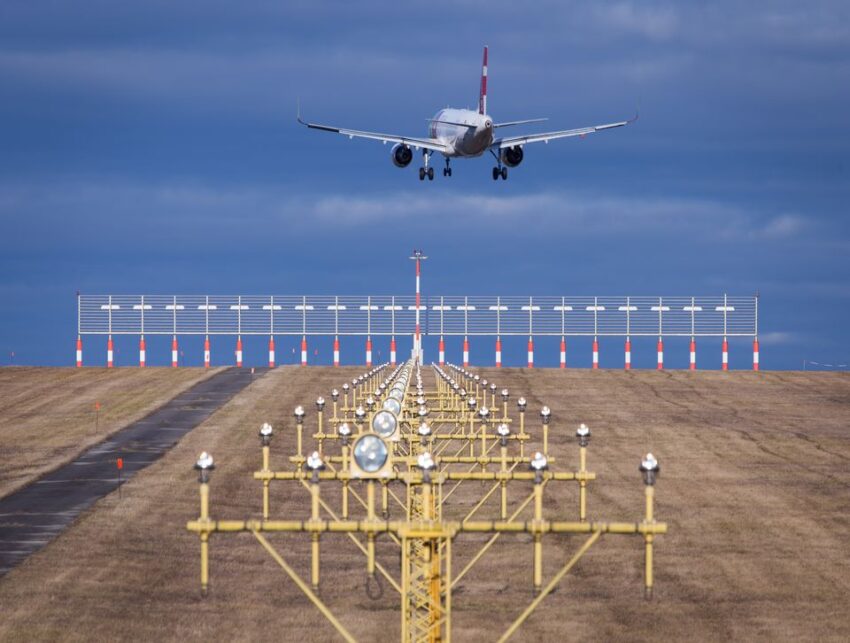Last year over sixty companies including carriers, fuel companies, and airports committed to using SAF or sustainable aviation fuels and making it 10% of the international aviation fuel supply by 2030. The widespread use of SAF instead of crude oil could help to place the air freight sector on the road to net-zero CO2 emissions by 2050. In today’s post, we are going to talk about the progress of the air freight sector with regard to decarbonization with the use of sustainable aviation fuel.
What is sustainable aviation fuel?

SAF or Sustainable aviation fuel is a greener substitute for conventional fuel. With sustainability becoming a major priority for the air cargo industry, the use of SAF has emerged as a crucial component of lowering carbon emissions in this sector. According to UPS, the use of SAF is the only road to decarbonization for the air cargo sector. Rather than fossil fuel, biofuels go into the making of SAF although they are chemically identical to conventional jet fuel. It can be safely mixed with 50% kerosene and currently, some carriers have already started using it successfully. Synthesized SAF is widely regarded as the only long-term answer for reducing the environmental impact of the aviation sector as it can reduce emissions by up to 80%.
How the use of SAF can benefit the air freight sector
SAF could provide a massive opportunity for the air cargo industry to take a stride toward increased sustainability. Sustainable aviation fuels can lower the net carbon emission by around 80% as compared to traditional jet fuel. Additionally, scientists are doing new research into SAF that will even be capable of absorbing more carbon dioxide than they release.
Sustainable aviation fuel is sourced from fatty acids and hydro-processed esters. Bio SAF is produced from feedstocks and waste products with minimal carbon content. This process involves the refining of used cooking oils, fats, and waste oil into SAF. Therefore, SAF can also address the issue of rising fuel costs that the air freight sector continually faces. Moreover, they can help developing countries that are suitable for the feedstock growth for coming up as producers of sustainable aviation fuel. According to an estimate the mass production of SAF can generate 14 million jobs and create a new energy industry internationally.
Air freight forwarders who partner with carriers making use of SAF could commit to greater sustainability endeavours. Moreover, many multinationals in the air freight sector are partnering with leading carriers and SAF producers to boost the use of SAF thereby helping their customers to ship their cargo carbon-neutral. Some of these companies even issue a certificate for their clients that specifies the amount of CO2 emission they have reduced. Simply put, the use of SAF would help air freight forwarders to fulfil their carbon emission reduction targets and drop the carbon footprint of their shipments by up to 90%.
Challenges in the path of decarbonization of the air cargo industry
The two most pressing challenges in the widespread adoption of SAF by the aviation sector are the high costs and limited supply. Moreover, the fuel companies as well as the airlines are wary of making the initial investment that is the first step towards decarbonization. Presently, SAF is three times more expensive than conventional jet fuel. Although the price of SAF will fall once the production scales up, the fuel companies are not ramping up production of SAF because of relatively low demand and investment uncertainty. Moreover, another major roadblock in the path to decarbonization is the lack of an adequate supply of sustainable feedstock that goes into the production of SAF. Without the availability of a steady supply of sustainable feedstock, SAF is not going to become commercially viable.
The road to the future
Therefore, the widespread adoption of SAF is largely dependent on government initiatives and investments. However, SAF forms a very significant part of the international jet fuel supply. The net production of SAF amounts to less than 1% of the fuel used by commercial carriers.
Therefore, the governing bodies need to provide a boost to investor confidence without which the carriers will never take the first step in stepping up their sustainability efforts. Additionally, the decarbonization endeavour will necessitate a huge scaling-up of the production of SAF along with the building of appropriate infrastructure and the creation of commercial partnerships.
The carriers need to replace their older freighters with more energy-efficient models to cut down emissions by almost 20%. The use of SAF is going to be crucial to meet the 2030 targets and this requires massive investments not only in the production of SAF but also in scientific research. The Director General of the International Air Cargo Association- Glyn Hughes said that the governing bodies need to provide subsidies and make an investment in the research and development of sustainable aviation fuel for lowering production costs.


